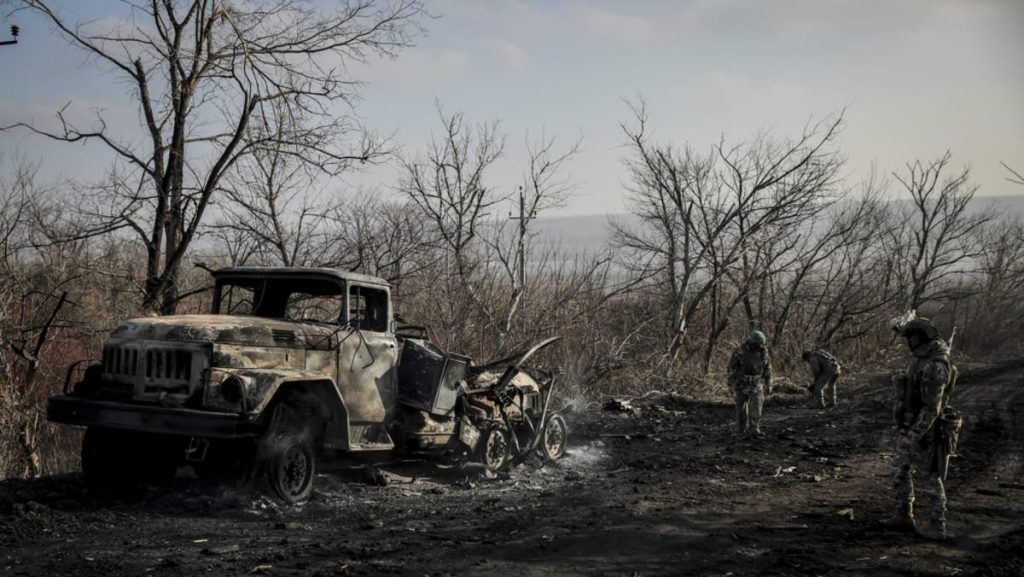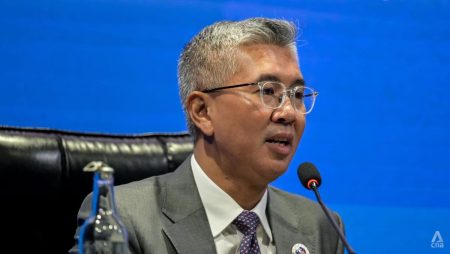The Indian government is currently grappling with the complex situation of Indian nationals being recruited into the Russian army, a matter that has come to light following the reported death of one individual and the hospitalization of another in Moscow. Both individuals hailed from the southern Indian state of Kerala, highlighting a potential vulnerability in certain regions to recruitment efforts. The Ministry of External Affairs has confirmed these developments and is actively engaging with Russian authorities both in Moscow and New Delhi to address the situation. Their immediate priorities include the repatriation of the deceased individual’s remains to India and securing the release and return of the injured national. This incident underscores the ongoing challenges India faces in ensuring the safety and well-being of its citizens abroad, particularly in conflict zones.
This recent incident is not isolated. Reports of Indian nationals serving in the Russian army have emerged since the onset of the conflict in Ukraine. The Indian government’s response has been consistent: a firm demand for the cessation of recruitment practices targeting Indian citizens and calls for caution among those seeking employment opportunities in Russia. This complex situation raises questions about the recruitment methods employed, the vulnerabilities of those who are recruited, and the broader geopolitical implications for India, which has maintained a historically neutral stance in the Russia-Ukraine conflict. Balancing its long-standing relationship with Russia with the imperative to protect its citizens remains a delicate balancing act for New Delhi.
The recruitment of Indian nationals into the Russian military appears to be facilitated, at least in part, by organized networks of human traffickers. Indian authorities have made arrests in connection with these networks, uncovering operations that lure individuals with promises of well-paying jobs or university placements in Russia, only to coerce them into military service. These deceptive practices exploit the economic vulnerabilities of individuals, often from less affluent backgrounds, who are seeking better opportunities abroad. The existence of these networks necessitates a multifaceted response, addressing both the immediate need to repatriate those already involved and the long-term challenge of dismantling these criminal operations to prevent further exploitation.
The Indian government’s efforts to extricate its citizens from the Russian military have yielded some success, but the process remains ongoing. Previous reports indicate that a number of Indian nationals have already been discharged, with efforts underway to secure the release of others. The exact number of individuals involved, however, remains somewhat unclear. This highlights the challenges in gathering accurate information and coordinating efforts across international borders in a complex geopolitical environment. The process of securing the release and repatriation of these individuals requires careful diplomatic maneuvering and cooperation with Russian authorities, a task made more complex by the ongoing conflict and strained international relations.
The unfolding events raise several critical questions that require further investigation. Understanding the motivations of Indian nationals who join the Russian army is crucial. Are they driven by economic desperation, misled by false promises, or influenced by other factors? Investigating the recruitment tactics employed by these networks is also essential to prevent future cases. This includes examining how these networks operate, identifying their key players, and understanding their methods of coercion and deception. Furthermore, it is vital to analyze the broader implications of these events on India’s foreign policy and its relationship with Russia. How will these incidents impact India’s stance on the Ukraine conflict and its relations with both Russia and the West?
The situation of Indian nationals in the Russian army exposes the complex interplay of economic vulnerability, human trafficking, and geopolitical tensions. It highlights the challenges faced by governments in protecting their citizens abroad, particularly in conflict zones. The Indian government’s ongoing efforts to secure the release and repatriation of its citizens are a testament to this commitment. However, addressing the root causes of this issue, including the exploitation of economic hardship and the operation of human trafficking networks, will require a sustained and multifaceted approach. This complex situation underscores the need for increased international cooperation, stronger legal frameworks to combat human trafficking, and targeted efforts to address the economic vulnerabilities that make individuals susceptible to these predatory practices. Ultimately, ensuring the safety and well-being of its citizens abroad remains a paramount concern for the Indian government, and this ongoing situation demands continued vigilance and diplomatic action.










